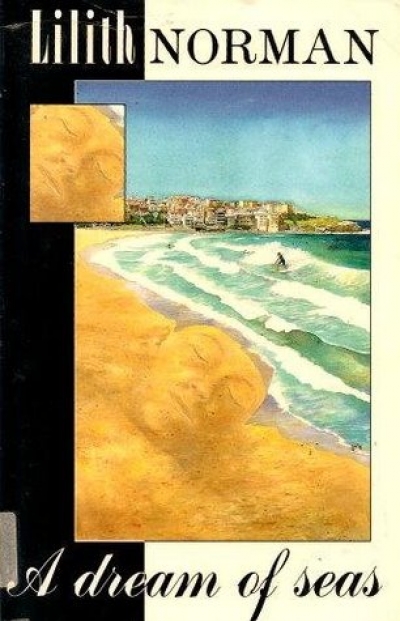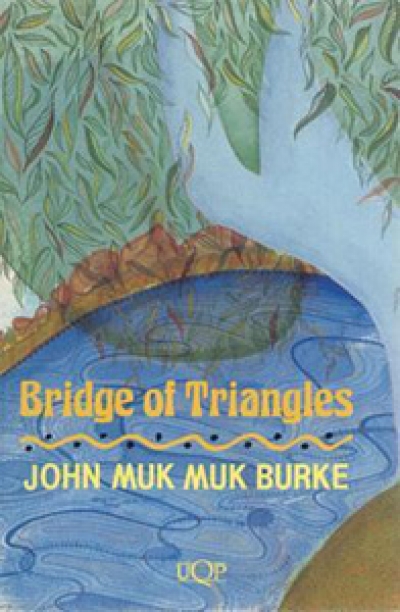Australian Fiction
My Boyfriend’s Father by Ben Winch & The Man Who Painted Women by John Newton
The Truth Teller is a novel about a man hiding from himself. Told with pith and passion by Margaret Simons, it chronicles the career of journalist, Simon Spence. Spence lives in an exterior world. He hides behind facts and what he understands to be the truth. But Spence’s truth is a public one, not private. His private truth lurks far beneath the surface, suppressed by the very nature of the journalist’s ‘truth telling’ work. Simons writes about a world she knows, as a former journalist on The Australian. Her crisp writing style is ideal for the ambiguity of the subject. With razor-sharp words Simons sends messages that are as soft and blurred as clouds. She conveys the subterranean urges of the soul (‘the earthworm heart of a man’) as concisely as the fast-paced media world that buries it.
... (read more)A Dream of Seas by Lilith Norman & The Secret Beach by Jackie French
Are you a regional writer?
I suppose I am, if your definition of a regional writer is someone who evokes atmosphere and themes which have a particular relevance for a region. Firstly, to take the most obvious thing there has always been a particular buccaneering business style, dating from the days of the goldrush of the 1890s and in various eras since, and the whole 1980s materialistic era was written even larger on the West Coast than other places. Going even further back in historical terms when you think of the peculiarities of the exploration of this coast, both by the French and the Dutch, that is something which distinguishes the West Coast. Because of my particular enthusiasm for history and research and canvassing matters of the early exploration, it is a theme which has found its way into three or four of my books.
... (read more)








